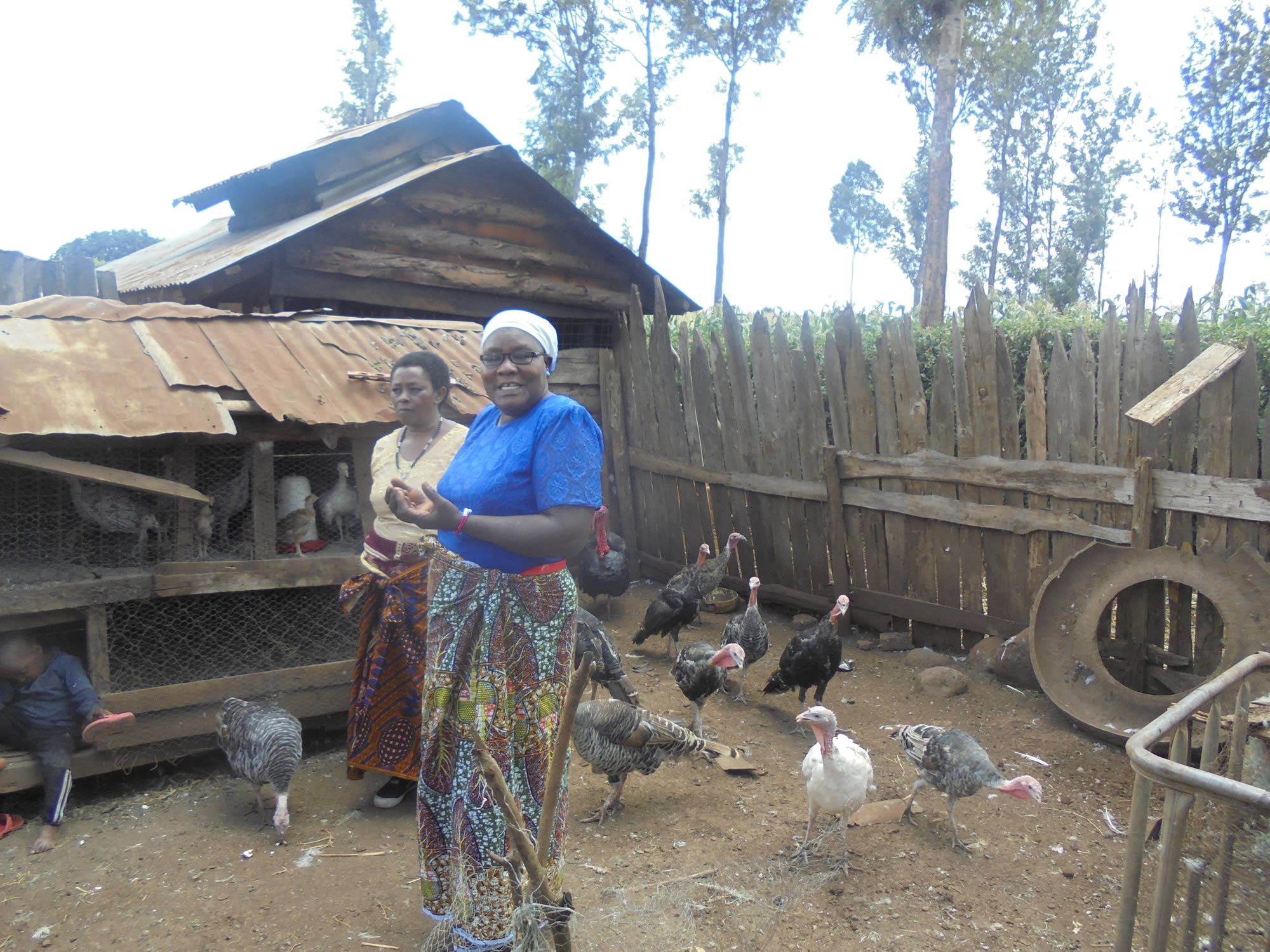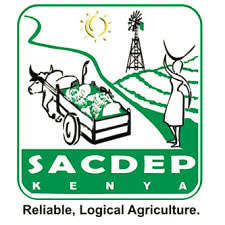
In September of 2021, the Government of Kenya declared a state of emergency brought about
by drought and famine, bringing with it upsetting consequences.
The shortage of rainfall not only caused crop and livestock losses but also worsened an already existing food and water scarcity situation across the nation.
Projections of a fourth consecutive poor rainy season further cast a shadow over Kenya’s recurrent drought situation, underscoring the urgent need for humanitarian aid and innovative food security solutions (Borgen Project, 2022).
Currently, about 4.1 million Kenyan representing a 17-percent surge since May of 2022, require food aid. Alarming statistics also point to a 50-percent uptick in child malnutrition during the latter part of 2022, reaching 942,000 cases. Apprehensions loom. regarding the possibility of the country confronting a fifth consecutive season marred by significant rainfall deficits, a development poised to further worsen the food crisis. The initial half of 2022 bore witness to Kenyan residents grappling with both steep escalations in the cost of food, fuel, and resources, as well as subpar rainfall patterns (Caritas, 2022).
The consequences of the drought situation were further worsened by the effects of the COVID-19 pandemic, which saw a steep rise in inflation pushing food prices even higher.The number of people facing food insecurity in Kenya increased from 1.4 million in 2021 to a staggering 3.1 million in 2022 with majority of the victims in the areas of Marsabit, Turkana, Baringo, Wajir, Mandera, Samburu, and Isiolobeing hit especiallt hard (Borgen Project, 2022)
Agricultural pockets within Kenya such as Meru experienced massive crop failure during the March to May 2022 season. With below average harvest of cowpeas and beans, coupled with its early consumption, households found themselves heavily reliant on market- based food purchases.
This scenarios underscore the need to re-think food security strategies. In this insight, SACDEP-Kenya implements project that promote resillience through sustainable ecological agriculture.
For close to 30 years, SACDEP has partnered with farmers toward fostering sustainable agricultural practices that can withstand these recurring challenges. The organization emphasizes agro-ecological approaches, which involve tailoring farming techniques to local ecosystems, reducing reliance on external inputs, and enhancing soil health.
By promoting agroforestry, organic farming, and water conservation, SACDEP encourages farmers to build ecological resilience and maintain productivity even under adverse conditions. This forward-looking strategy not only addresses the current food crisis but also equips farmers for the unpredictable climatic patterns of the future.
By equipping farmers with practical hands-on skills, the farmers embrace crop diversification thus reducing their vulnerability to single-crop failures allowing them to cultivate a broader range of crops that can withstand varying climatic conditions. Further, SACDEP also facilitates access to resources such as drought- resistant seeds, appropriate irrigation techniques, and efficient water management practices. This holistic approach empowers farmers to navigate the immediate challenges presented by drought and fluctuating food prices.
 In addition to these effort, SACDEP also actively pursues collaborations and partnerships with other development organizations and various arms of government with the view to enhancing agricultural productivity most recently the adoption of The Murang’a Agroecology Policy 2022-2032 and The Murang’a County Agroecology Development Act, 2022. By supporting and implementing farming actions that encourage the adoption of drought-resistant crop varieties, provision of affordable, readily available inputs such as seeds and composting, investing in irrigation infrastructure, and promoting ecological farming techniques, Kenya will improve its food security, and by far its economic standing.
In addition to these effort, SACDEP also actively pursues collaborations and partnerships with other development organizations and various arms of government with the view to enhancing agricultural productivity most recently the adoption of The Murang’a Agroecology Policy 2022-2032 and The Murang’a County Agroecology Development Act, 2022. By supporting and implementing farming actions that encourage the adoption of drought-resistant crop varieties, provision of affordable, readily available inputs such as seeds and composting, investing in irrigation infrastructure, and promoting ecological farming techniques, Kenya will improve its food security, and by far its economic standing.
ARTICLE BY: Joleen Wambui is the Projects Assistant in the Gatanga Project Area, Murang’a County
